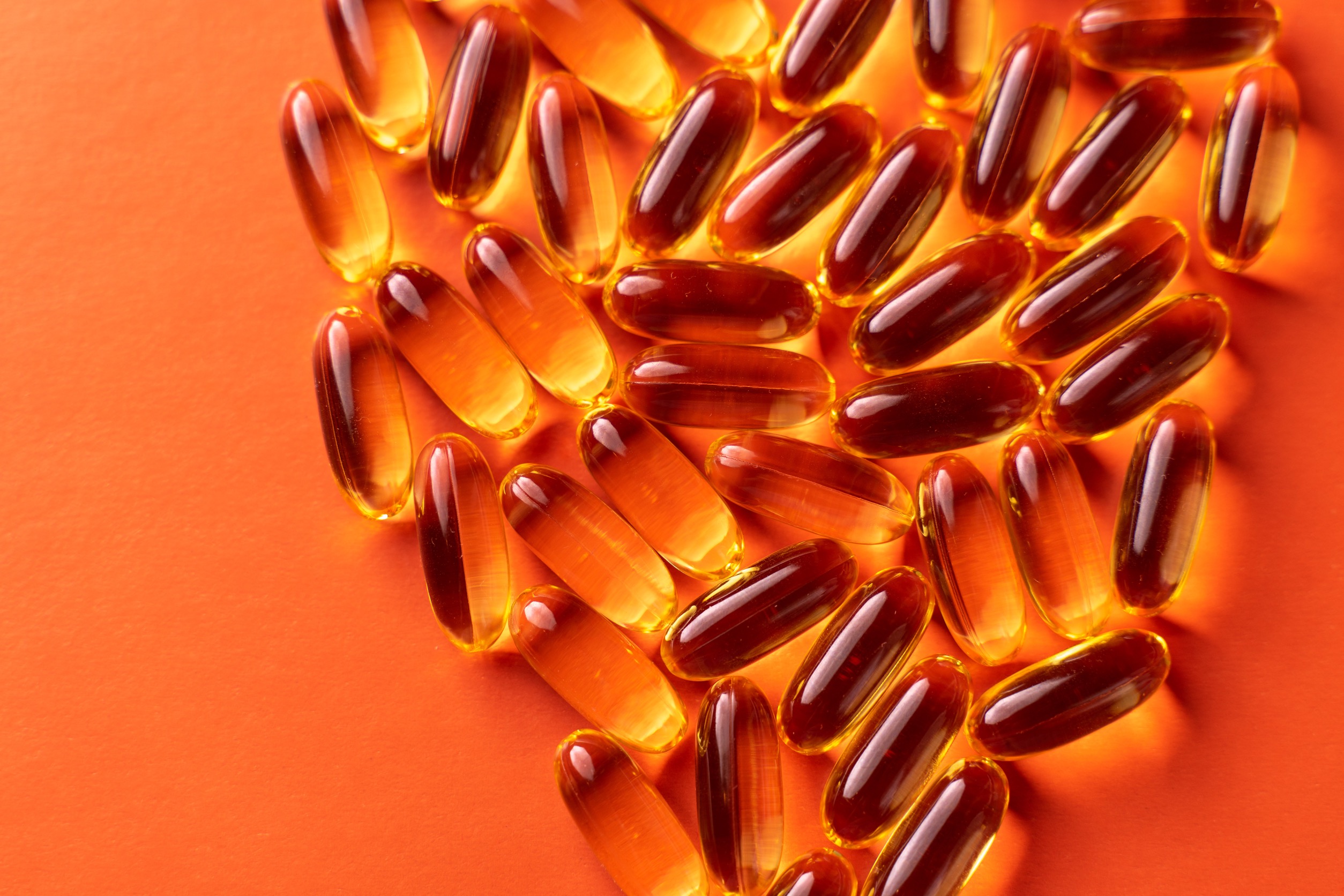What is CoQ10?
CoQ10, also called coenzyme q-10 or Ubiquinone, is a substance produced by your body. It is found in most organisms, including humans. CoQ10 also can be found in some foods like oily fish and animal organs (ex. Beef liver). Additionally, CoQ10 is commercially produced as a vitamin/supplement that can be purchased over-the-counter.
CoQ10 is an important substance to help improve energy and immunity. It is used for different processes in our bodies and is necessary for our cells to produce energy through the mitochondria. Mitochondria are often called the “powerhouse” of the cells because they are responsible for taking in nutrients and oxygen and turning them into usable energy for your body’s cells. CoQ10 helps the mitochondria do their job better and produce energy efficiently. In turn, your whole body can continue to run smoothly when each tiny cell gets the energy it needs to work properly.
What does CoQ10 have to do with statin medications and cholesterol?
Statin medications (ex. Atorvastatin (Lipitor), rosuvastatin (Crestor), simvastatin (Zocor), pravastatin (Pravachol), and lovastatin (Mevacor)) are used to lower cholesterol. Specifically, statin medications help to lower the “bad” cholesterol in your body. The “bad” cholesterol (or LDL) is the cholesterol we worry about because it can build up in your arteries, causing them to become more narrow and less flexible. When your arteries are narrow and hardened from bad cholesterol, it puts you at higher risk for heart attacks and strokes. Therefore, statin medications are extremely important to help reduce the risk of a heart attack or stroke.
Also, see our blog – Lowering Cholesterol with Bempedoic Acid
Just like any medication, there can be some unintended side effects from taking statin medications. The medication works very well to lower the bad cholesterol in your body. It works to lower cholesterol by blocking a step in the pathway your body uses to make cholesterol. However, this pathway is also involved in producing the CoQ10 your body needs. Thus, it is thought that people taking statin medications may experience reduced levels of CoQ10.
A common side effect of statin medications is muscle aches. It is thought that maybe the lower CoQ10 levels could have something to do with this side effect. This is the reason why your doctor may recommend taking a CoQ10 supplement while taking a cholesterol lowering statin medication. Results from clinical trials vary on whether CoQ10 supplementation truly helps reduce muscle pain in patients taking statin medications (Resources 2 & 3). However, taking a CoQ10 supplement is likely safe and may be worthwhile to try if you are someone who experiences muscle pain with statin medications. This is especially true if you are at high risk for a heart attack or stroke or have had a heart attack or stroke in the past. It is important to always consult with your health care provider prior to starting any over-the-counter medications or supplements.
Should You Take Your Stain Medications At Night?
Disclaimer: This blog is written for informational and educational purposes only. It is not intended to be a substitute for professional medical advice, diagnosis, or treatment. Always seek the advice of your physician or other qualified health provider with any questions you may have regarding a medical condition. Never disregard professional medical advice or delay in seeking it because of something you have read or seen online.
Resources:
- J Pharm Bioallied Sci. 2011 Jul-Sep; 3(3): 466–467.
- Am J Cardiol. 2007 May 15;99(10):1409-12. doi: 10.1016/j.amjcard.2006.12.063. Epub 2007 Apr 3.
- Atherosclerosis. 2015 Feb;238(2):329-35. doi: 10.1016/j.atherosclerosis.2014.12.016. Epub 2014 Dec 17.












